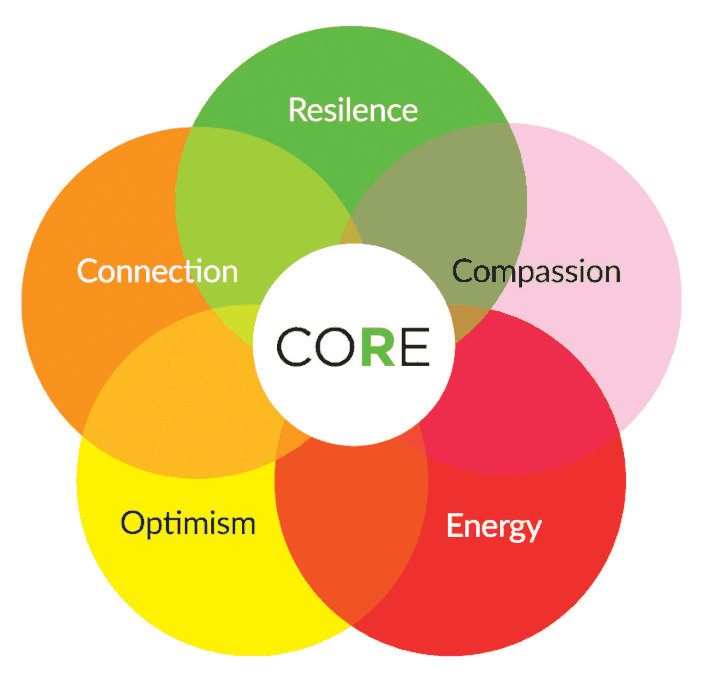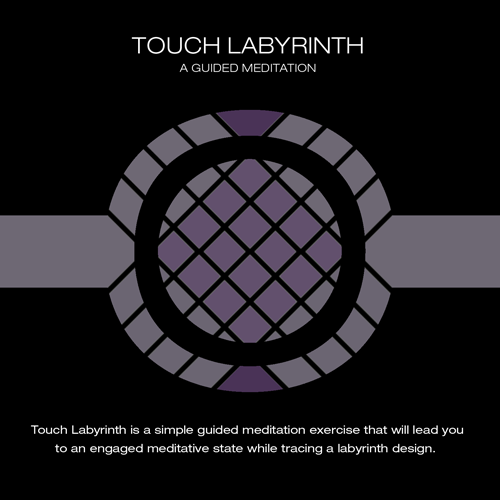 "Nothing will ever be attempted if all possible objections must first be overcome." - Samuel Johnson One of my friends sent me this lovely quote. It reminded me of the many risks and obstacles we face in life. We often are paralyzed to take the actions to make our lives more fulfilling, energized and joyful. Many of us are scared about the future and the word “change”. If we want to reduce the impact of negative stress in our lives, we have to be aware of how much we tend to take things personally that actually are not personal. We rush through life, meeting deadlines and missing out the fun aspects of our life, our loving relationships and the beauty around us. We literally shape our brain to run in this treadmill of more stress, anxiety and unhappiness. Our brain is plastic – that means both the function and its structure can be changed quickly and permanently to become positive and joyful. Even a simple act of spending a few minutes with our loved ones, indulging in our favorite art activity or thinking of our last vacation has the ability to energize and relax us. We often wallow in self-pity and self-doubt and don’t fully realize our strengths and our inner resilient nature - having the capacity to bounce back when things go wrong, and ability to enjoy life even when we have pain, stress and challenges. Science has shown us that these practices can shape our brain and enhance our well-being. Make time for these three important activities on a daily and weekly basis. These practices are as important as healthy eating and hydration in managing stress and building your resilience over time!
Combine these activities. Go to a meditation or yoga class with your best friend. Walking meditation in a local garden or labyrinth may be a beautiful break from your daily stress. Help out with a local 5k race. Most important – don’t just read this article. Share it with a friend or family member and spend time with them! Take Action! Now! My friend Vicki created the beautiful CORE graphic for us! The acronym CORE serves as a reminder of the components of Resilience: C – 5 Cs - Compassion, Courage, Collaboration, Creativity and Critical Thinking O – Optimism and Hope R – Resilience E - Energy - healthy eating, meditation and physical activity References R J Davidson, B S McEwen, Social influences on neuroplasticity: Stress and interventions to promote well-being Nat Neurosci. Apr 15, 2012; 15(5): 689–695.doi: 10.1038/nn.3093 Steve Paulson, Richard Davidson, Amishi Jha and Jon Kabat-Zinn Becoming conscious: the science of mindfulness, doi: 10.1111/nyas.12203 Ann. N.Y. Acad. Sci. 1303 (2013) 87–104
0 Comments
|
a guided finger meditationEngage your senses with soothing music, guided imagery and a labyrinth tracing activity which leverages the power of touch. Click the album cover to learn more. Categories
All
|

 RSS Feed
RSS Feed